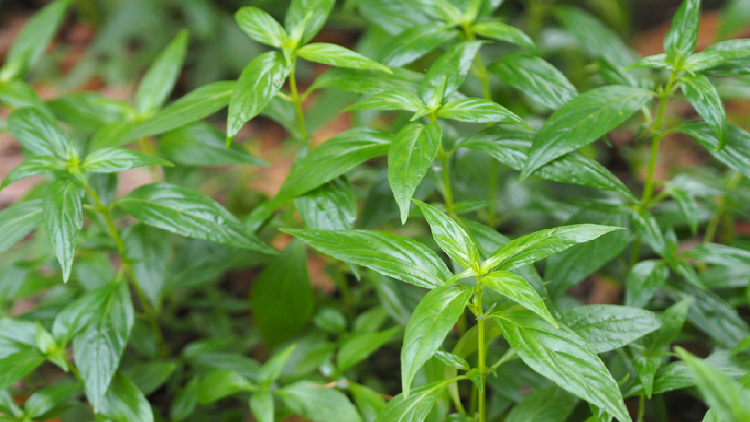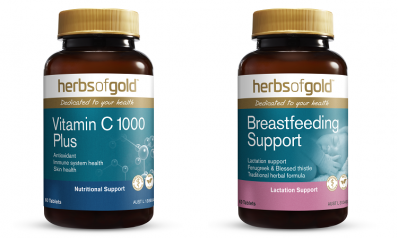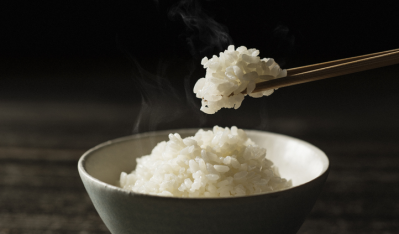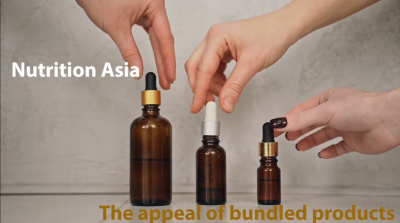Thailand to drive exports of Andrographis, turmeric, black ginger to neighbouring SEA markets

Termed as the ‘Herbal Champions’ of year 2023 to 2027, the Thai government has come out with the list after consultations with key stakeholders, such as government agencies, academics, and herbal industry entrepreneurs.
Speaking to NutraIngredients-Asia, Dr. Khwanchai Visithanon, Deputy Director-General, the Department of Thai Traditional and Alternative Medicine (DTAM), said that the three herbs could be exported for use in herbal medicines, spices, and topical applications, such as massage oil.
“This is the list of ‘herbal champions’ that we have finalised…These are the medicinal plants that can be used throughout the entire value chain of herbal product development,” Dr. Visithanon said.
In the case of Andrographis paniculata, also known as Fah Talai Jone or king of bitters, he said that the herb has been used for common cold, as well as in patients who were experiencing mild COVID-19 symptoms.
In Thailand, Andrographis supplements have become popular among consumers ever since the health ministry approved it as an alternative treatment to early stages of COVID-19 symptoms.
As for turmeric, he pointed out that this was usually used for pain management, especially for individuals suffering from dyspepsia or indigestion and osteoarthritis in the joints or the knees.
The last herb, black galingale (Kaempferia parviflora), is useful for physical and exercise performance.
Selection criteria
This list of ‘herbal champions’ has been created based on three criteria, Dr. Visithanon said.
In the following video, he explains the criteria for selecting the herbs.
The first criterion is the extent to which the herbs are used.
“The first is we apply [look at] the volume or the common use of the medicinal herbs. If some herbs are rarely used, then it will be kicked out of the list,” he said.
For instance, the parameters would include the volume of production, volume of sales, and the extent of their use in the healthcare market.
Second is the amount of knowledge that is available on the herbs.
“We have selected the medicinal herb plant by reviewing the research and knowledge that we have [about these herbs].
“Some may already be in our ancient textbooks, and we have experience using it, so we know it very well and have adequate knowledge and information.”
Third is based on industry insights on whether the herbs could have a greater use in the market, be it in domestic or the overseas markets.
“The third is the consensus of all the parties that sells that particular medicinal plants and herbs and [they] see a potential to increase the volume of sales or the volume of use [of these herbs] in the healthcare system and the volume of sales in the market, as well as the potential to export to the international market.”
On the other hand, the department has identified another 12 herbs who have the potential to be promoted as a ‘herbal champion’ but is currently lacking scientific evidence in their benefits and uses.
Examples include aloe vera, kratom, hemp, cannabis, fingerroot or white galingale (Boesenbergia rotunda), and bittergourd.
Export targets
The department hopes to drive the export of these three herbs into the neighbouring countries, especially the CLMV markets, namely Cambodia, Laos, Myanmar, and Vietnam.
One of the reasons is because Thailand has a large group of migrant workers from these countries, and often, these workers are introduced to the use of Thai traditional herbal medicines, Dr. Visithanon explained.
Further down the road, the department hopes to target markets further afield, including China, India, Europe, and the Middle East.



















